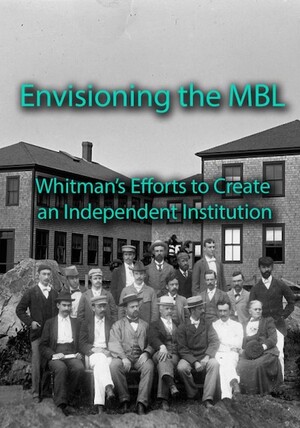As the director of the MBL, Whitman helped shaped the future of the institution as well as that of American biology. As Whitman conceived of it, biology could no longer be a solo venture. On the contrary, Whitman stated in multiple instances that biology had to reflect the division of labor that one observes across all societies; in other words, biology had to undergo specialization. As a consequence, cooperation was required and scientists working on different research topics needed to join the collective venture. A place for biologists to meet and work with like-minded people, Whitman aimed at making the MBL a national facility.
Of course, such an ambitious scientific enterprise could not be achieved for free and Whitman was aware of the potential threats related to grant hunting. For this reason, he maintained throughout his entire directorship that independence was critical to the MBL being able to produce high-quality research and remarkable teaching. When different organizations offered to help fund the MBL, Whitman worked hard to negotiate —and sometimes even reject—the offers that, in his judgment, could have threatened the independence of their scientific enterprise.
In a 1902 letter to Conklin discussing the decisions just made in respect of a funding offer the MBL had received, Whitman stated in a quite passionate tone: “in my opinion, the independence of the laboratory is an inviolable part of the original understanding.”
- Maienschein, Jane. “Agassiz, Hyatt, Whitman, and the Birth of the Marine Biological Laboratory.” Biological Bulletin (1985): 26-34.
- Lillie, Frank R. “Founding and Early History of the Marine Biological Laboratory.” In The Woods Hole Marine Biological Laboratory. University of Chicago Press: Chicago, 1944. http://www.biolbull.org/content/174/1S/34.full.pdf (Retrieved June 17, 2016.)
- Maienschein, Jane. 100 Years Exploring Life, 1888-1988. Jones and Bartlett: Boston, 1989. http://www.biodiversitylibrary.org/item/50256#page/7/mode/1up (Retrieved June 17, 2016.)

